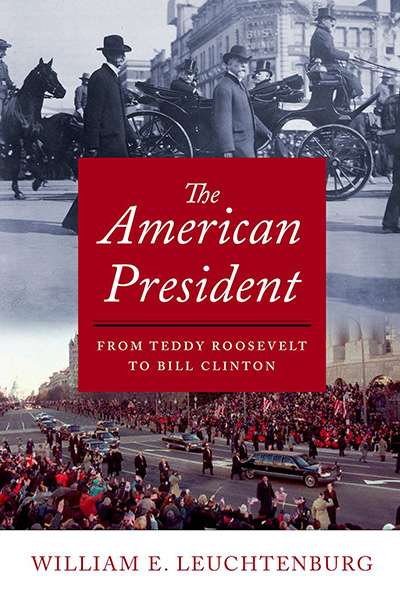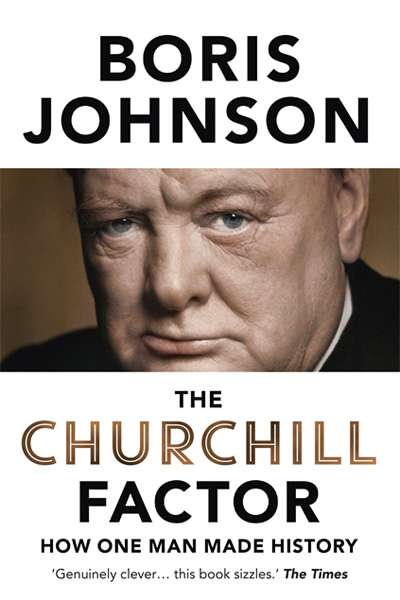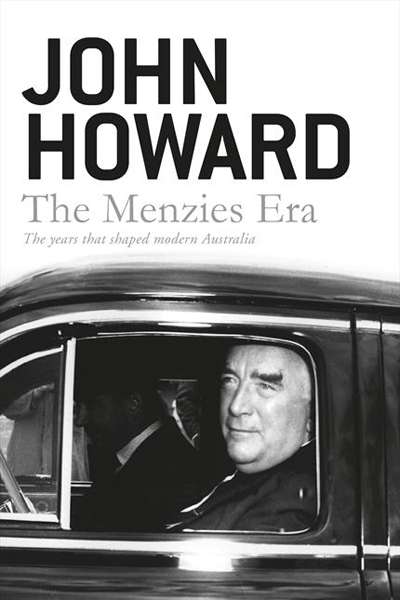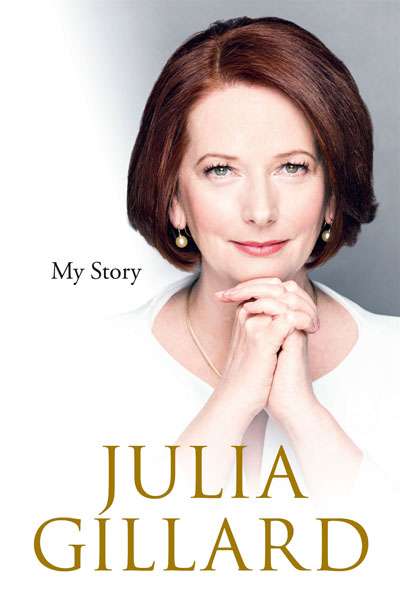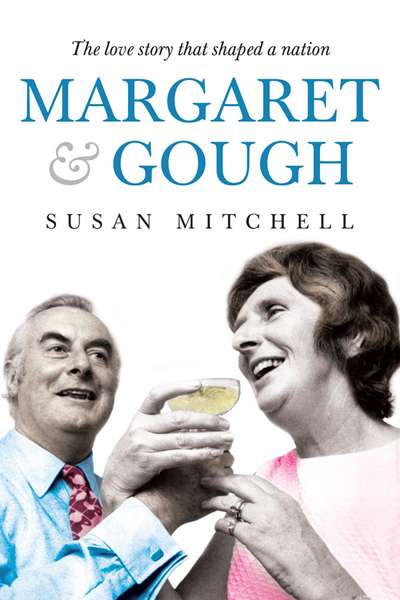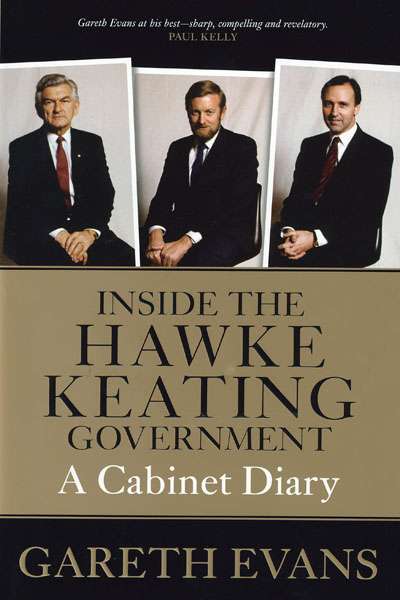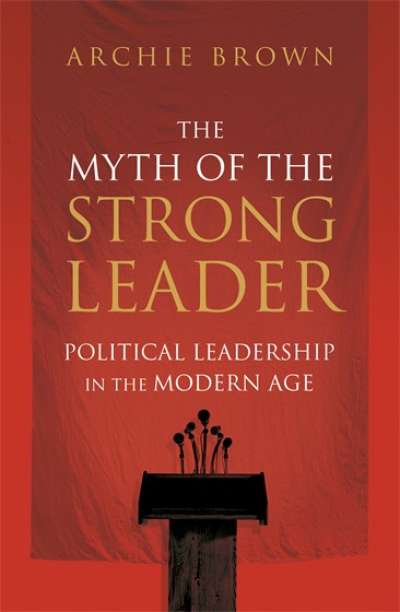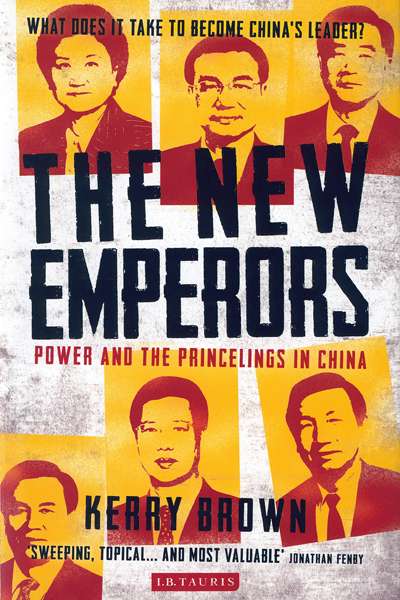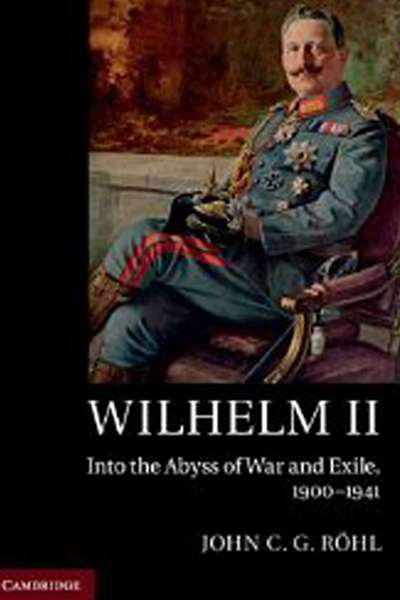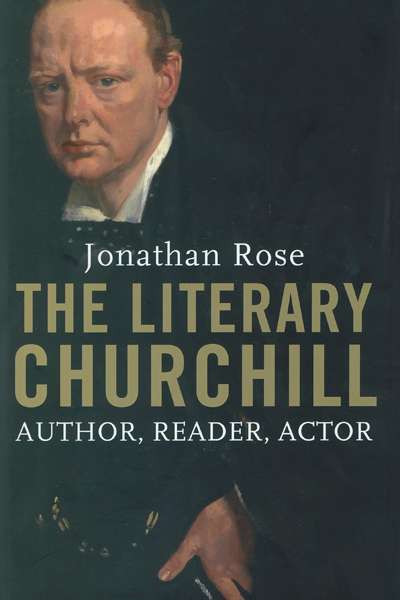Accessibility Tools
- Content scaling 100%
- Font size 100%
- Line height 100%
- Letter spacing 100%
World Leaders
The American President: From Teddy Roosevelt to Bill Clinton by William E. Leuchtenburg
by Andrew Broertjes •
The Churchill Factor: How One Man Made History by Boris Johnson
by Peter Heerey •
The Menzies Era: The years that shaped modern Australia by John Howard
by James Walter •
Margaret and Gough: The love story that shaped a nation by Susan Mitchell
by Carol Middleton •
Inside the Hawke–Keating Government: A cabinet diary by Gareth Evans
by David Day •
The Myth of the Strong Leader: Political leadership in the modern age by Archie Brown
by Stephen Mills •
The New Emperors: Power and the princelings in china by Kerry Brown
by Nick Hordern •
Wilhelm II: Into the abyss of war and exile, 1900–1941 by John C.G. Rohl
by Miriam Cosic •
The Literary Churchill: Author, reader, actor by Jonathan Rose
by Richard Toye •

